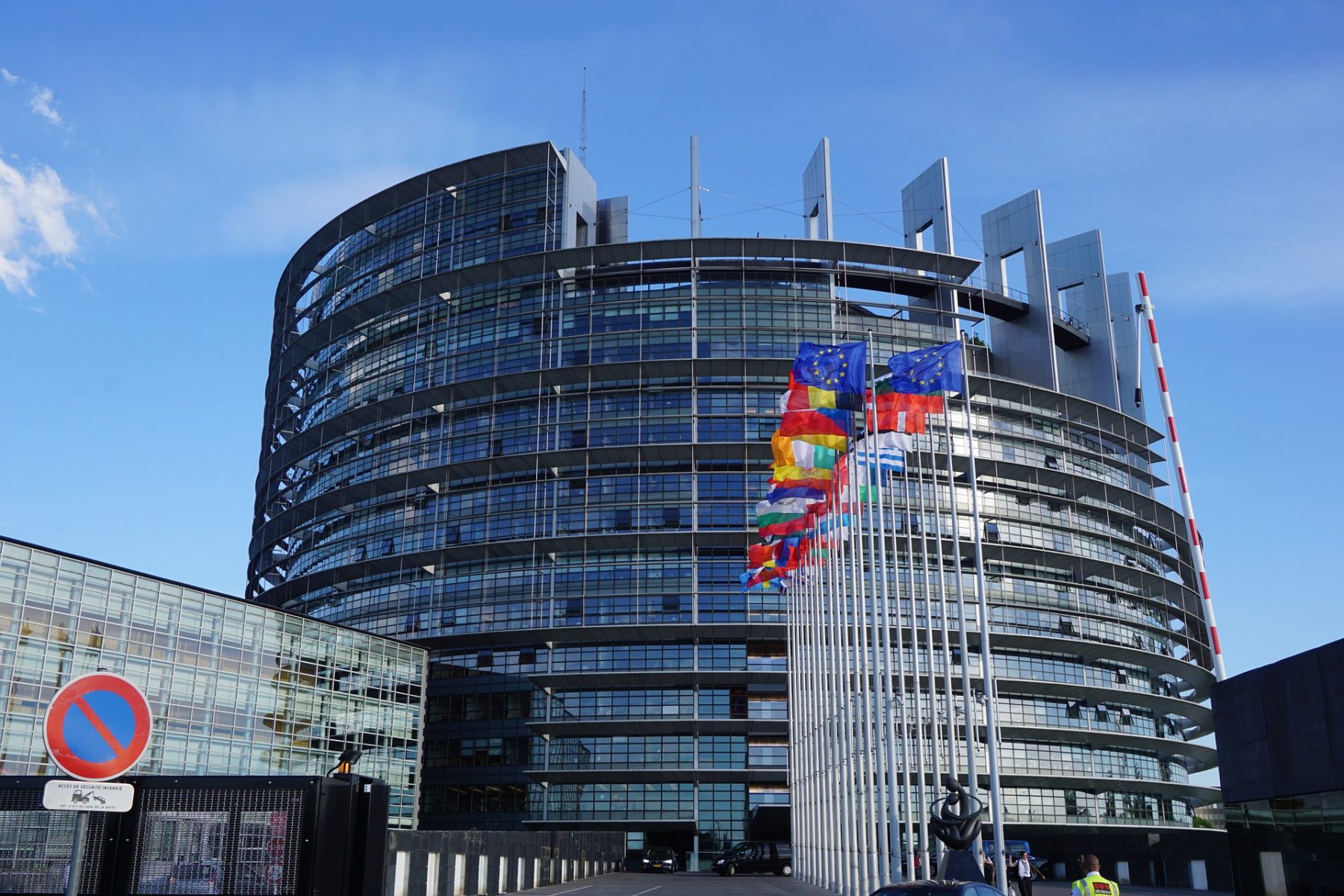Commercial Broadcasters: “Step in the right direction” on Broadcasters Regulation

Download the document
BRUSSELS, 21 NOVEMBER 2017. The Association of Commercial Television in Europe (ACT) has welcomed the result of today’s vote in the European Parliament’s Legal Affairs (JURI) Committee on its Report about the proposed Broadcasters (“SatCab”) Regulation.
Members of the JURI Committee voted to limit to news and current affairs programmes the scope of the so‑called “country of origin” principle. This deems online TV viewing and catch-up services to be presented for copyright purposes in the broadcaster’s home country, not where they are viewed.
Commercial broadcasters and much of the audio-visual sector argue that wide application of the copyright rule risks reducing investment in film, sport and drama in the EU, resulting in less content being produced.
Agnieszka Horak, ACT’s Director of Policy and Legal Affairs, said:
“Today’s vote in the Legal Affairs Committee is definitely a step in the right direction. It acknowledges the value of territorial exclusivity in ensuring EU citizens can watch a wide range of high quality TV programmes.
“Commercial broadcasters have long believed that the wrong legislation on this issue would reduce the amount, quality and diversity of TV content. We thank all the Members of the European Parliament who have helped us take a step towards better legislation.
“We urge the Member States in the Council to follow the direction of travel set by the Committee on Legal Affairs.”
— ENDS —
NOTES FOR EDITORS
1. The Commission proposal for a Regulation laying down rules on the exercise of copyright and related rights applicable to certain online transmissions of broadcasting organisations and retransmissions of television and radio programmes (COM(2016) 594) was published on 14 September 2016. Although the Commission suggested that it offered a legal mechanism for broadcasters to obtain more easily the authorisations they need from right holders to transmit programmes online in other EU Member States, commercial broadcasters and much of the creative sector remain concerned that the measures would interact with the likely outcome of an unresolved anti-trust case in a way which reduces the ability of broadcasters to guarantee territorial exclusivity when they put content online.
2. Territorial exclusivity increases the chance that programme makers and others will be able to recover their investment in programmes. It therefore supports investment in the films, sports events and programmes which citizens want to watch. Research conducted by Oxera and O&O concluded that if territorial exclusivity was undermined, consumers and the audiovisual industry would be exposed to significant losses in the short run, and in the medium and long term less content would be produced (particularly the less-mainstream content), locally targeted content would be particularly affected, and prices would rise for some consumers while quality fell. The impact would be particularly felt by consumers in the lower income Member States.
3. In May 2017, 411 representatives of Europe’s audiovisual sector joined forces and wrote to the Presidents of the European Parliament and Council emphasizing that the proposal “leaves considerable uncertainty with regard to the sustainability of financing the development and production of content, distribution business models and the commercial freedom to license of many European content producers, creators and investors to the detriment of cultural diversity, industry growth and, ultimately, European consumers’ choice.”

